By: Logan Lockhart | Sports Journalism Student, Centennial College
When most people enter a local rink, they see two teams — Shawn Nesseth sees three.
The third team is the group of referees that will work the game on the ice, and it’s their success that determines whether more officials will want to remain in their positions year after year.
Since becoming an officiating supervisor five years ago in the Greater Toronto Hockey League (GTHL), Nesseth has used his leadership role to convey one simple message to all referees — this is a team.
“Comradery between and among officials is really important,” said Nesseth. “I’ve heard several of my colleagues over the years refer to the on-ice officials as the third team.
“Players, coaches and fans may not look at it that way, but those other people (officials) on the ice with you are your team. When you’re on the ice with your fellow officials, you’re working your hardest and communicating with those individuals to make sure you’re not letting them down.”
That’s the mentality that is used as the basis of a referee support system.
“Part of the key in keeping officials is building up (their) confidence and letting them know that we have a good support system here,” Nesseth stated.
The relationships that Nesseth has built over the years with his fellow officials has contributed to his belief that many will come back for a new season.
“Having people that you love to work with is an incentive to come back (next season),” said Nesseth. “Officials are always really excited to see one another, and I think there are a lot of friendships that exist out there as well that can sometimes go beyond just the hockey world.”
Sometimes referees don’t return to the job the next season because they feel the position just isn’t for them — or perhaps personal life changes interfere with their ability to be on the ice consistently.
But in the eyes of Nesseth, avoiding a high rate of attrition each year starts with ensuring that the individual’s first year as a referee is equipped with rules-knowledge programs and constant encouragement from a number of supervisors.
“If we can get the officials past that first year, it usually means good things if they’re coming back for a second year,” said Nesseth. “It’s great to get supervisors or senior officials on the ice to help mentor those younger referees.”
Another method that is used for mentorship is to sit down in the referees locker room after a game and reflect as a group — what went wrong and what went right.
It’s what one GTHL officiating supervisor refers to as “JETS”.
“We talk about judgement, teamwork and skills at the end of the game,” said Mark Titus, a GTHL supervisor, and instructor for nine years.
The post-game meeting is held to give constructive criticism to fellow officials, as well as to give an opportunity for the referees in the group to talk about their positioning on the ice and how well they interacted with coaches and players.
“There has to be a little bit of humility too, and realizing that we’re not perfect, and that we’re going to make mistakes,” said Nesseth.
Both Nesseth and Titus believe initiatives like “JETS” and open conversations throughout the season contribute to the development of a team atmosphere, and one that ensures the strength of referees in the GTHL.
Stay connected with the GTHL on Facebook, Twitter, Instagram, and TikTok.

